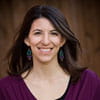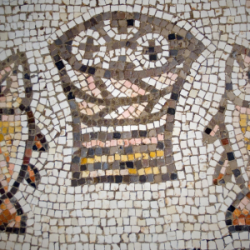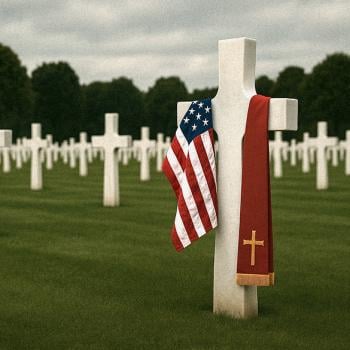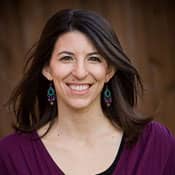 Epiphany is one of my favorite days of the year. The story of the magi tells us a number of important things about this kingdom Jesus is bringing: it's bigger and more inclusive than we thought; people we thought were left out (or whom we would have left out, if making the list ourselves) will indeed be in attendance; and, perhaps most importantly, sometimes the people we've rejected understand Jesus much better than we do. This is what happens when a bunch of pagan astrologers from halfway across the modern world are in the front of the line to declare and honor Jesus as king.
Epiphany is one of my favorite days of the year. The story of the magi tells us a number of important things about this kingdom Jesus is bringing: it's bigger and more inclusive than we thought; people we thought were left out (or whom we would have left out, if making the list ourselves) will indeed be in attendance; and, perhaps most importantly, sometimes the people we've rejected understand Jesus much better than we do. This is what happens when a bunch of pagan astrologers from halfway across the modern world are in the front of the line to declare and honor Jesus as king.
The difficulty from a preaching perspective, of course, is that my community has heard my Epiphany soapbox at least five times, not counting the many other opportunities I attempt to casually drop it into the conversation. So this year, we decided to forego the Gospel reading and continue along with the prophet Isaiah, with whom we've been traveling since the beginning of Advent. To our surprise, Isaiah was filled with images and declarations of justice. When we gathered for Teaching Team, I asked, "So how can we connect this prophecy of God's kingdom of justice with the overly discussed story of the magi?" (And how can we do it without reverting to the usual Epiphany sermon about the wideness of God's kingdom?)
One of our Leaders, John Loving, immediately replied, "Well, when I think of the magi story, I can't help but think of Herod." Ugh. Herod. The cruel and awful shadow side of Epiphany, where so many innocent children lost their lives to appease a dictator king who feared losing power. John continued, "The kingdom of God is good news for some but terrible news for Herod. You can see how people in power react when it comes."
This sparked a conversation about the realities of subverting the power norms in our world. It seems we love to talk about how the Kingdom of God turns things upside down and back to right. But this Epiphany season, particularly in light of the events in Tucson, the anniversary of the earthquake in Haiti, and Martin Luther King, Jr. Day, we also must talk about how turning things upside down and putting them back to right also usually causes a rather severe backlash from those committed to the way things were. Herod sure didn't feel the need for a new king or a new kind of king, no matter what God's people were waiting for.
John's comment became the center of our sermon. Epiphany for us this year is a reminder that bringing the light often stirs up the night, in the hearts of our modern-day Herods and in our own hearts as well. As Luke Miller said, "We can choose to be threatened by the message of Jesus, or choose to jump on board with what Jesus is doing."
One tangible way we carry the light as people of God is through prayer. We bring to mind the needs of the world rather than dismissing them. We call upon God to remember God's promises. And we remind ourselves in our speaking that we are called upon, too.
So we ended our gathering last night with a time of community prayer for the people in Tucson, for the people of Haiti, for our nation as we continue to work toward civil rights. I was reminded of King's words when he said, "I refuse to believe that humankind is so tragically bound to the starless midnight of racism and war that the bright daybreak of peace and sisterhood and brotherhood can never become a reality . . . I believe that unarmed truth and unconditional love will have the final word." Unarmed truth and unconditional love—it's a good action plan for taking the light of Epiphany into the world.
1/19/2011 5:00:00 AM





